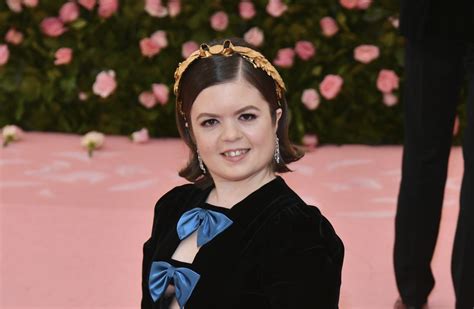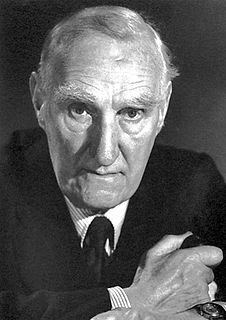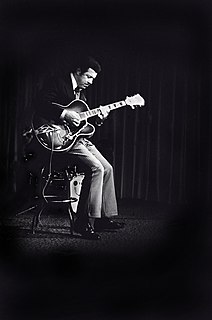A Quote by Sinead Burke
The word 'midget' is a slur. It evolved from P. T. Barnum's era of circuses and freak shows. Society has evolved. So should our vocabulary. Language is a powerful tool. It does not just name our society. It shapes it.
Related Quotes
Our physiological constitution is obviously a product of Darwinian processes, insofar as you buy the evolutional theory as a generative, as an account of the mechanism that generated us. Our physiology evolved, our behaviors evolved, and our accounts of those behaviors, both successful and unsuccessful, evolved.
Language both reflects and shapes society. Culture shapes language and then language shapes culture. Little wonder that the words we use to talk to each other, and about each other, are the most important words in our language: they tell us who I am, they tell us who you are, they tell us who 'they' are.
It is now generally accepted that the roots of our ethics lie in patterns of behavior that evolved among our pre-human ancestors, the social mammals and that we retain within our biological nature elements of these evolved responses. We have learned considerably more about this responses, and we are beginning to to understand how they interact with our capacity to reason.
I believe that should is one of the most damaging words in our language. Every time we use it, we are, in effect, saying that we are wrong, or we were wrong, or we're going to be wrong. I would like to take the word should out of our vocabulary forever and replace it with the word could. This word gives us a choice, and we're never wrong.
The trade unions are a long-established and essential part of our national life. We take our stand by these pillars of our British society as it has gradually developed and evolved itself, of the right of individual labouring men to adjust their wages and conditions by collective bargaining, including the right to strike.








































